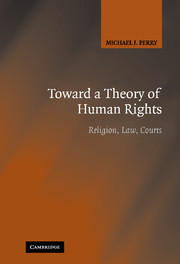6 - Abortion
Published online by Cambridge University Press: 22 July 2009
Summary
[T]he murder of new-born infants was a practice allowed of in almost all the states of Greece, even among the polite and civilized Athenians; and whenever the circumstance of the parent rendered it inconvenient to bring up the child, to abandon it to hunger, or to wild beasts, was regarded without blame or censure. … Uninterrupted custom had by this time so thoroughly authorized the practice, that not only the loose maxims of the world tolerated this barbarous prerogative, but even the doctrine of philosophers, who ought to have been more just and accurate, was led away by the established custom, and upon this, as upon many other occasions, instead of censuring, supported the horrible abuse, by far-fetched consideration of public utility. Aristotle talks of it as what magistrates ought upon many occasions to encourage. Plato is of the same opinion, and, with all that love of mankind which seems to animate all his writings, no where marks this practice with disapprobation.
Adam SmithINTRODUCTION
In Chapter 4, I explained that we who affirm the morality of human rights, because we affirm it, should press our elected representatives:
to enact and enforce laws and policies aimed at preventing human beings from violating human beings or otherwise causing unwarranted human suffering; and
not to rely on any law or policy that violates (or would violate) human beings or otherwise causes unwarranted human suffering.
In Chapter 5, I pursued the implications of (2) for capital punishment.
- Type
- Chapter
- Information
- Toward a Theory of Human RightsReligion, Law, Courts, pp. 52 - 64Publisher: Cambridge University PressPrint publication year: 2006



